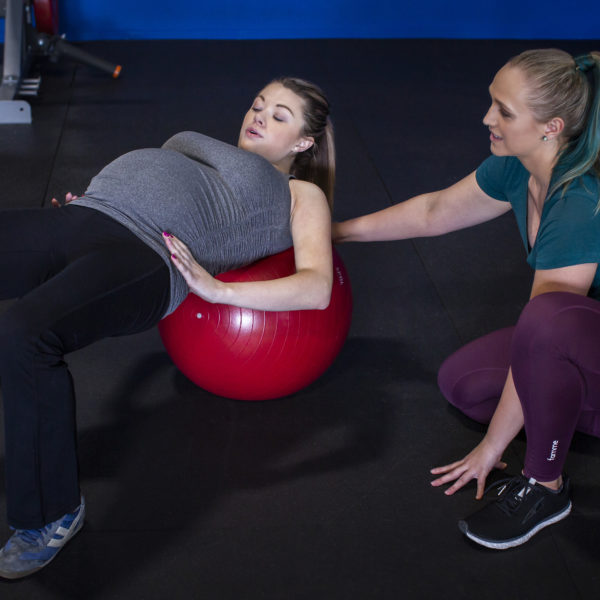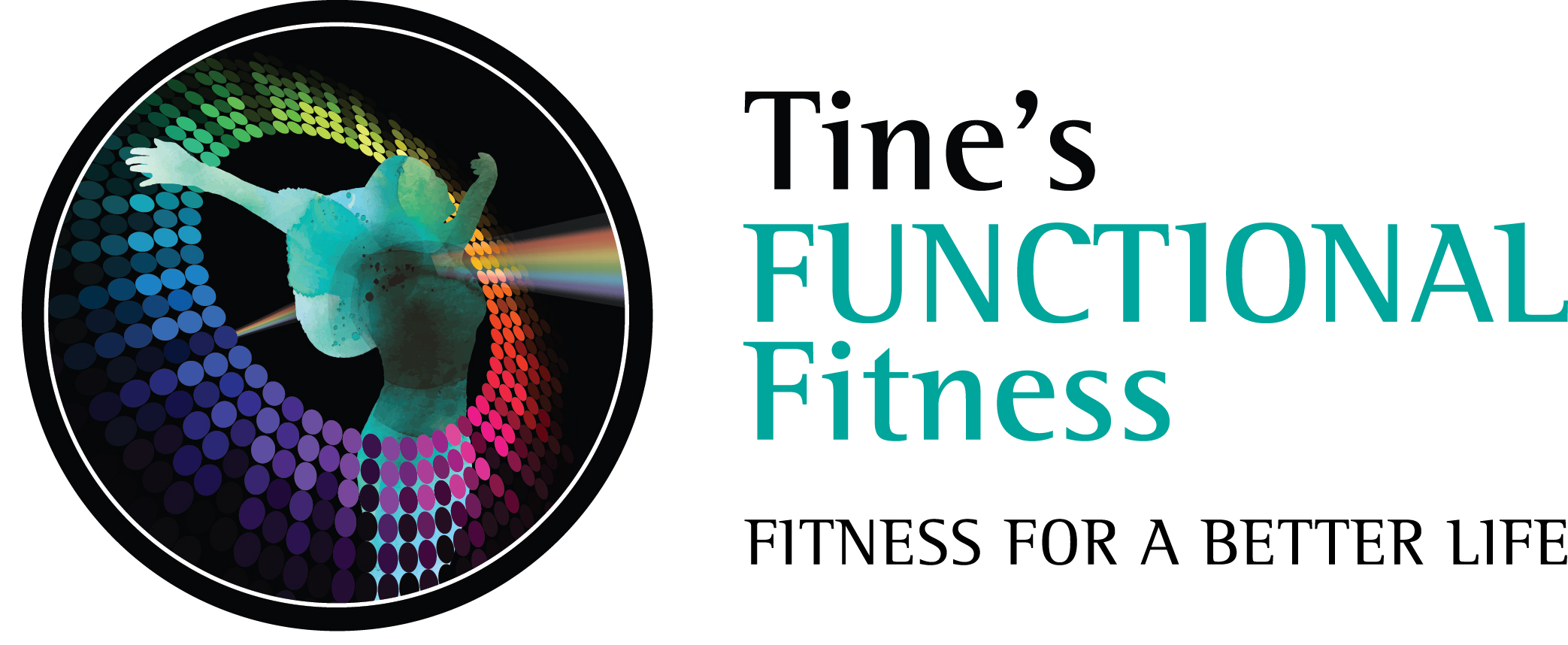If you are having a baby, or recently gave birth and want to stick with your fitness goals, then you could benefit from a pregnancy and postpartum fitness trainer.
The most widely spread piece of fitness advice for pregnant women is “you can keep doing the fitness routine you were doing before you got pregnant, and if anything starts to hurt stop. Oh and don’t do weighted squats!” Or you will sometimes hear extreme fitness advice like “no weights, no jumping, no running, nothing with impact”. There are also extreme methods on the other side of the spectrum that teach you to work your core so hard you barely see the baby bump. What?! Or the unsolicited advice from the woman who did Crossfit through her entire pregnancy and is fine so you will be fine.
None of this advice is backed by evidence nor is it applicable to all pregnancies or postpartum recovery. The truth is all pregnancies, births, and postpartum experiences are different and require a professional who understands the physiological, hormonal, and emotional changes happening to help guide you safely through a workout routine that will prepare you for labor and birth and transition you to a better postpartum recovery.

There are some general rules that could be labeled as best practices when dealing with pregnancy. Once you start to show it’s best not to use barbells because the concern is the barbell hitting the baby and causing harm. If you are a runner or a crossfitter there isn’t a reason to immediately stop your routine when you find out you are pregnant. But it’s important to ask yourself; are you working with a professional or trainer who will give you specific exercises for your core, to prepare the muscles for the physiological changes about to happen? Can your trainer recognize symptoms that warrant a referral to a pelvic floor specialist? Will your trainer help you modify your routine as your body changes? Does your trainer have experience working with pregnancy issues? Are you comfortable bringing up your experience with your trainer?
Pregnancy issues are very specific and unique to each woman and a vast majority of trainers have no education on this topic. That’s right, curriculum required to be certified as a personal trainer does not address pregnancy or postpartum.

Often times pregnancy and postpartum issues are downplayed, when in reality the body experienced major changes and varying levels of trauma and needs specific and unique attention. Protocol after a knee replacement dictates physical therapy and clearance from your doctor before returning to an exercise routine. Most of the time women are expected to heal on their own and are commonly told “that’s normal” when they try to talk about symptoms or pain associated with pregnancy and birth. We are failing women! This is totally nuts because 85% of women will have at least one child, and women make up about 70% of fitness clientele yet the fitness industry completely ignores women’s health.
Working with a trainer or professional that specializes in pregnancy and postpartum fitness is best. You will get a fitness routine that is unique to you and what you are experiencing, nutrition guidance based on your unique situation, help you manage your weight in a safe and effective way, and they have a deep understanding of the physiological, hormonal, and emotional changes happening and can help you identify when you need to seek help from another professional. Take a look at the statistics:
- 45% of women experience some form of urinary incontinence 5-7 years postpartum
- 30% of women have painful sex 12 months postpartum
- Nearly 20% of women will have surgery for urinary incontinence or pelvic organ prolapse with 30% of those women needing multiple surgeries
You can have an easier pregnancy, birth experience, and postpartum recovery working with the right Broomfield Colorado personal trainer. There are specific exercises and techniques that will prepare the body for the physiological changes that happen during pregnancy and they also make for an easier birth. The better your labor and birth experience are the easier recovery you will have postpartum. Most of the physical issues and symptoms women experience postpartum, such as diastasis recti and urinary incontinence, can heal quicker and easier with specified exercises that are proven to help the muscles and ligaments heal. To work one on one with a personal trainer in Broomfield Colorado who specializes in postpartum and pregnancy, click the button below.
